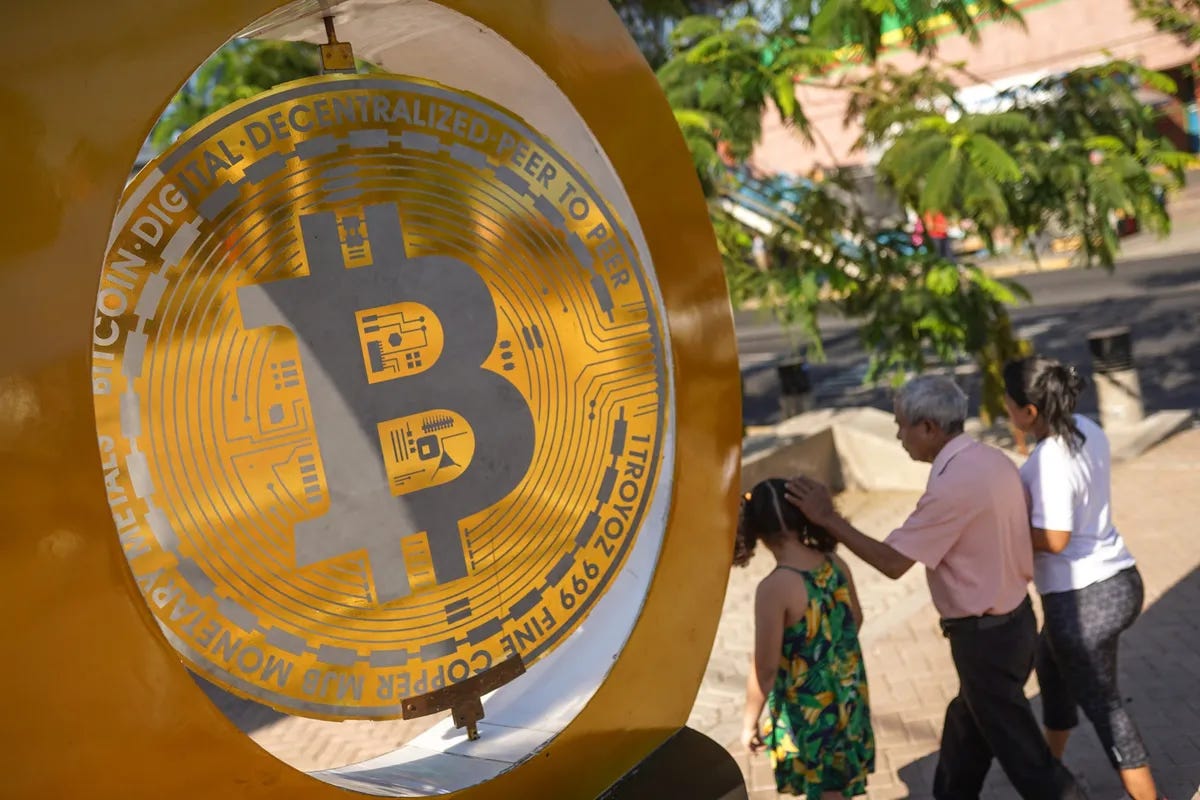Bitcoin has no use case? Here are the ways it is already changing the world
From refugees and remittances to clean energy and censorship resistance, Bitcoin is proving itself far beyond speculation.
Turning energy into value
Bitcoin transforms stranded or wasted energy into economic value. Remote natural gas wells, isolated hydroelectric sources and excess solar or wind energy can now be monetised using portable Bitcoin mining units. This includes capturing and converting methane gas emissions into electricity to mine Bitcoin, offering an economic incentive to reduce a greenhouse gas significantly more harmful than carbon dioxide.
A global bearer asset
Bitcoin allows individuals to store wealth using only a 12-word seed phrase. In practical terms, this means a person can flee war, persecution or economic collapse with nothing but memorised words and still access their funds in another country. This functionality is critical for refugees and citizens in authoritarian regimes.
Low-cost remittances
Bitcoin enables migrant workers to send money home instantly without relying on intermediaries like Western Union. This avoids inflated currency conversion fees and physical security risks associated with traditional cash pickup services, particularly in regions where violence and extortion are common.
Inflation resistance
In Lebanon, Venezuela, Turkey and Zimbabwe, Bitcoin has outperformed currencies by preserving purchasing power. Even in developed countries, such as the United States, where inflation erodes savings, Bitcoin has acted as a long-term hedge.
Retirement and financial freedom
Savings in fiat currencies are steadily devalued over time. For individuals aiming to retire or escape the paycheck-to-paycheck lifestyle, Bitcoin provides a vehicle for preserving and potentially growing wealth. It empowers individuals to save meaningfully over decades.
Empowering human rights defenders
Activists operating under autocratic regimes often have their access to banking curtailed. Bitcoin provides an alternative method for funding and survival, as evidenced by documented cases shared by human rights advocates like Alex Gladstein. Financial freedom becomes a form of resistance.
Unbanked populations gain access
Over a billion people remain unbanked. Bitcoin can be accessed using only a mobile phone, bypassing banking infrastructure. Users can send and receive funds 24 hours a day, 365 days a year, including weekends and public holidays.
Free markets without permission
Bitcoin allows individuals to buy and sell goods online without the need for government or institutional approval. This includes medicine, books and other products banned in certain countries. It is a financial gateway.
Conservation and energy infrastructure
Bitcoin mining has funded conservation in remote parts of the Democratic Republic of Congo, helping save endangered species while providing local employment. In places like Malawi, mining operations have supported the rollout of microgrids that bring electricity to villages, enabling refrigeration, lighting and education.
Anchor tenant for electricity development
Bitcoin mining can act as a buyer of last resort for rural energy projects, stabilising revenue and attracting further investment. Companies like Gridless are working across Africa to monetise excess energy and expand renewable electricity.
Permissionless finance for 8 billion people
Bitcoin is open access, censorship resistant and borderless. Anyone with an internet connection or even just a basic computing device can use it. That means over 8 billion potential users, each with a unique set of needs Bitcoin can help meet.
Conclusion
Critics claiming Bitcoin has no utility have failed to engage with how it is already being used around the world. Bitcoin is ethical money, freedom-preserving money and a powerful tool for billions. Its uses extend far beyond speculation, and many of its most important applications have only just begun to be realised.


